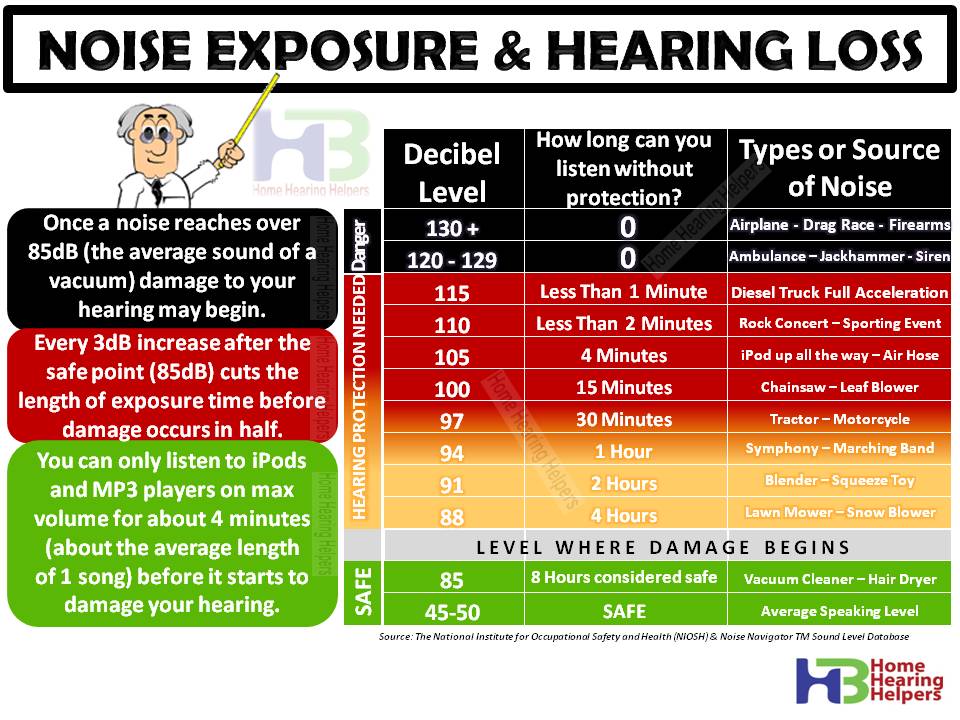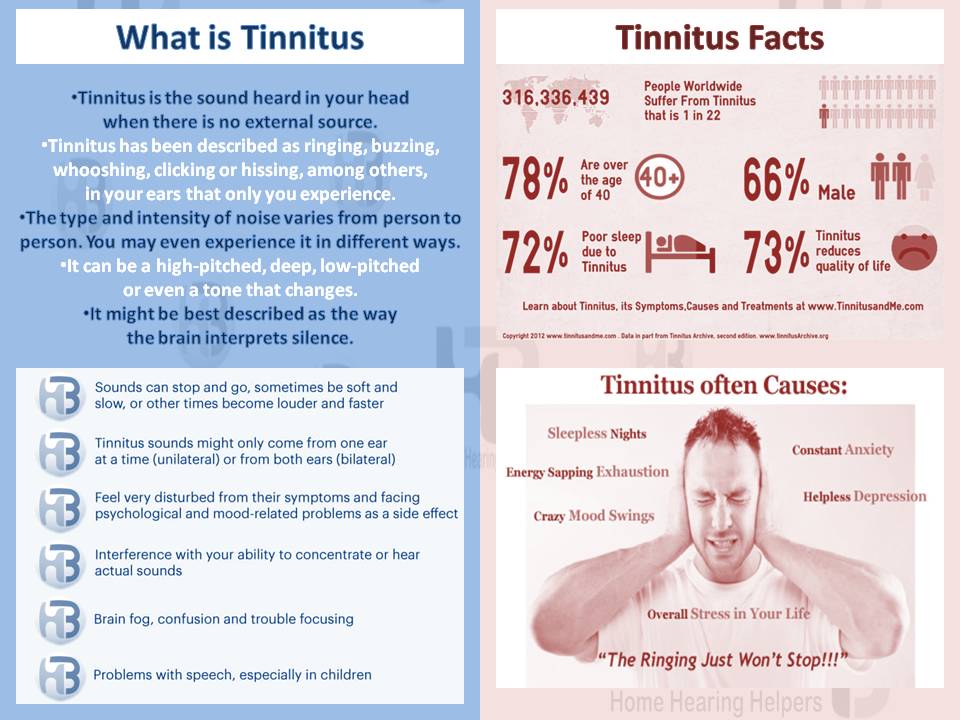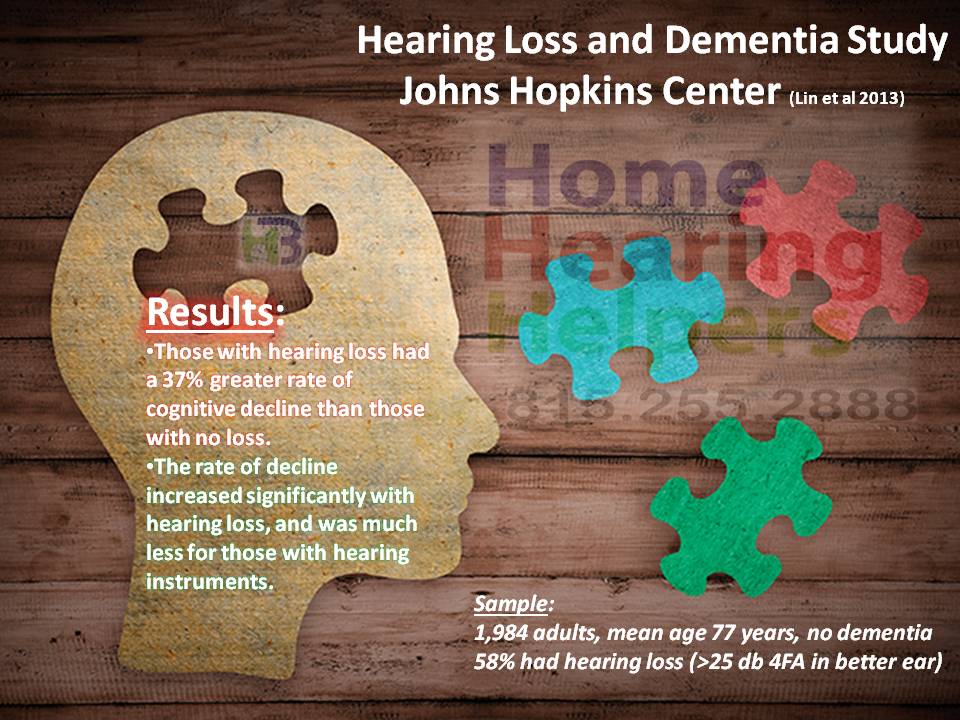Established in 1976Edit this text and tell your site visitors who you are. To edit, simply click directly on the text and add your own words. Use this text to go into more detail about your company. Make sure to include information about how your company came to be.
|
Our GoalEdit this text and tell your site visitors who you are. To edit, simply click directly on the text and add your own words. Use this text to go into more detail about your company. Make sure to include information about how your company came to be.
|
The Best Place to get your Hearing Aids if you live in Ottawa, IL
|
Exposure to loud noise kills the nerve endings in our inner ear. More exposure will result in more dead nerve endings. The result is permanent hearing loss that cannot be corrected through surgery or with medicine. Noise-induced hearing loss limits
your ability to hear high frequency sounds and understand speech, which seriously impairs your ability to communicate. The Center for Disease Control (CDC) estimates that 22 million workers are exposed to potentially damaging noise at work each year. |
Tinnitus is the perception of sound when no corresponding external sound is present. While often described as a ringing, it may also sound like a clicking, buzzing, hiss, or roaring. The sound may be soft or loud, low or high pitched, and often appears to be coming from one or both ears or from the head itself. In some people, the sound may interfere with concentration and in some cases it is associated with anxiety and depression. Tinnitus is usually associated with a degree of hearing loss and with decreased comprehension of speech in noisy environments.
|
Seniors with hearing loss are significantly more likely to develop dementia over time than those who retain their hearing, a study by Johns Hopkins and National Institute on Aging researchers suggests.
Although the reason for the link between the two conditions is unknown, the study suggests that the strain of decoding sounds over the years may overwhelm the brains of people with hearing loss, leaving them more vulnerable to dementia. Hearing loss could also lead to dementia by making individuals more socially isolated, a known risk factor for dementia and other cognitive disorders. |
FREE HEARING EVALUATION
|







